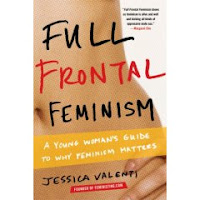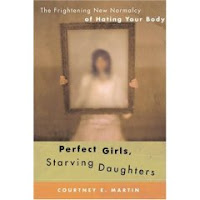It may be cliche, but it’s true. Gen Xers of a progressive bent are known to wax nostalgic. Born too late, we feel we somehow “missed out” on the good ole days of badass activism — anti-war teach ins, Civil Rights sit-ins, feminist girlcotts, and the like. But today, when I read about a campus-wide Global Warming Teach In in the Boston Globe, my heart skipped a beat. Check it out – it’s taking place at Framingham University, next week.
As the Globe tells it, students in a ceramics course will be developing concept pieces based on their reactions to a global warming film. Government students will discuss the ongoing political debate and ramifications for public policy. Philosophy students will consider the moral and ethical considerations of how humans treat the Earth. Mathematics students will study the statistical rationale supporting global warming. In sociology professor Virginia Rutter’s class, students will analyze a recent report by the UN panel showing that impoverished nations, which have contributed the least to global warming, would potentially suffer the most from its consequences. Rutter will be asking students to answer the question, “What are reasonable burdens for people to take on?”
Rutter, one of the Teach In’s organizers, tells the Globe:
“We’re always looking for opportunities to connect the concepts and theories to things that are happening in the world, things that help people feel the vitality of things we’re engaged in….[When it comes to global warming, we] don’t have a horse in the race about what policies make sense…But we have an interest in putting it on the table so that as a community we can think about it.”
Sorry, Pam, but Virginia Rutter just became my new favorite sociologist.
As a postscript, maybe yesterday’s Supreme Court ruling upholding the ban on so-called partial birth abortion — an UTTER assault on women’s reproductive health rights — will finally be the prompt that wakes us all up? Sit-ins, teach-ins, girlcotts — bring ’em on. We’re in deep shit here. Be sure to check out Lynn Harris’ coverage on the ruling Salon.




